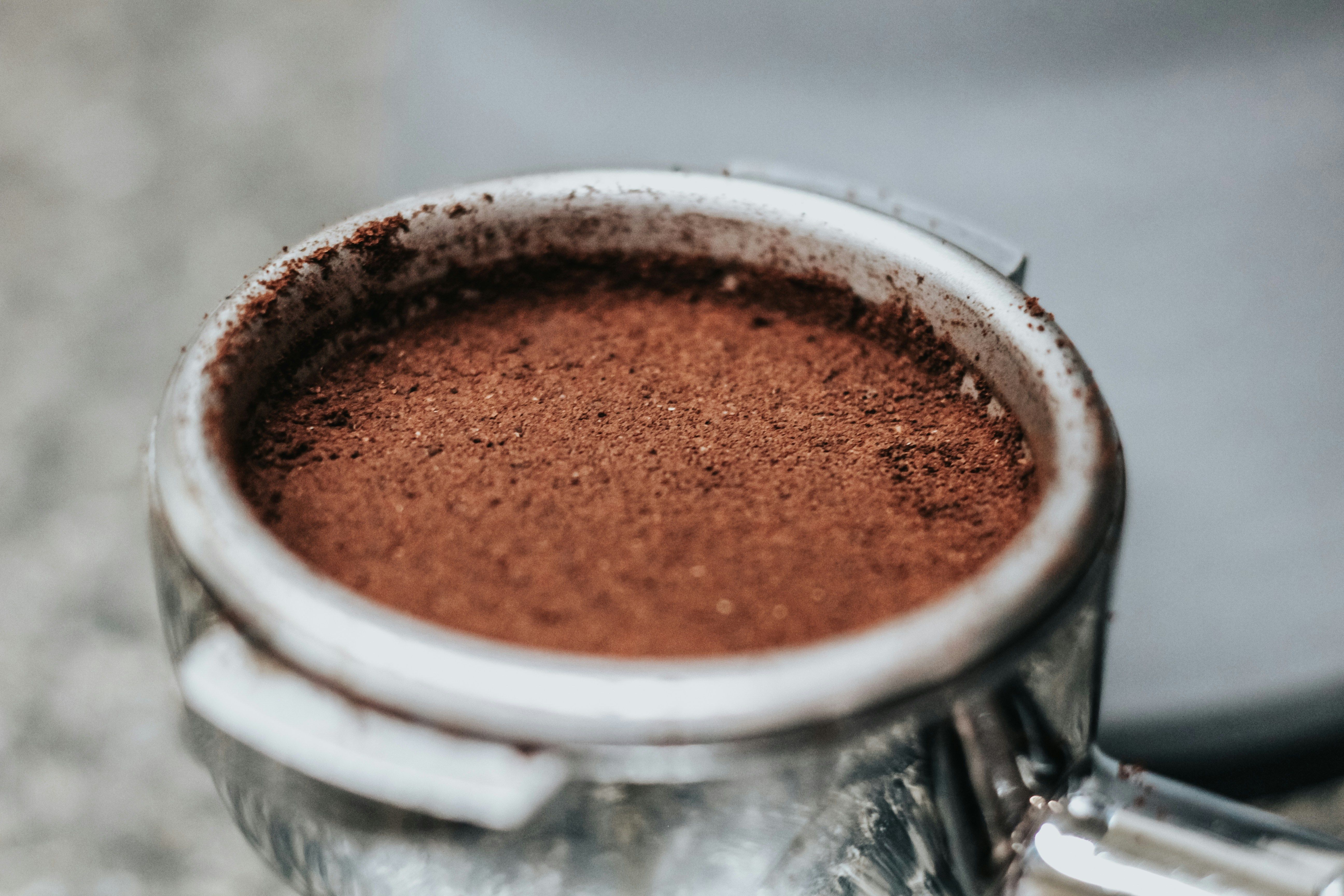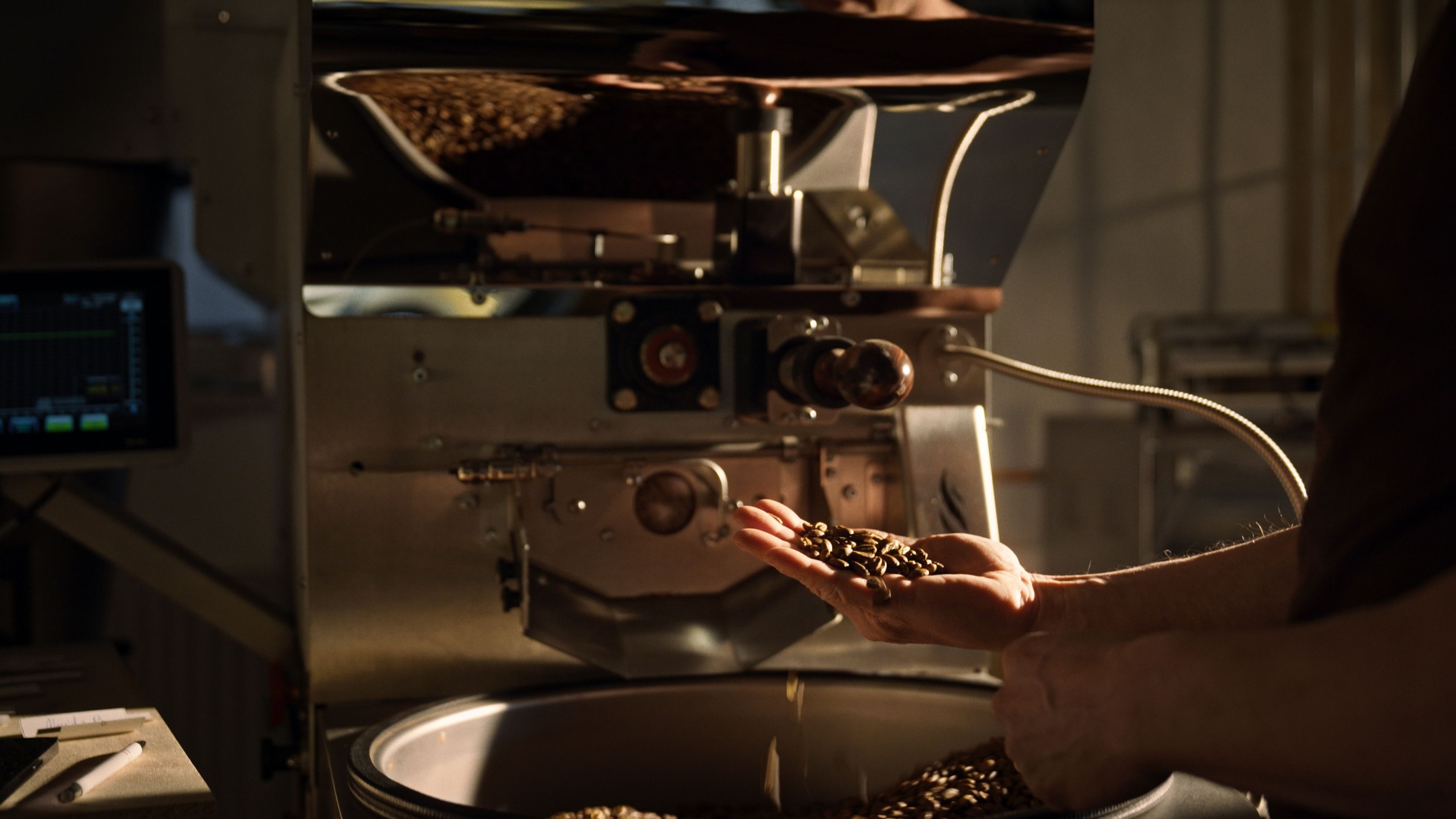How Much Caffeine is in a Cup of Coffee?
The caffeine content in coffee varies based on factors such as the type of coffee bean, brewing method, and serving size. On average:
- An 8-ounce cup of brewed coffee contains approximately 80–100 mg of caffeine. Medical News Today
- A single espresso shot (1 ounce) has about 63 mg of caffeine. Medical News Today
- Cold brew coffee can contain between 197–213 mg of caffeine per 16-ounce serving. Coffee About
- Instant coffee typically contains 60–80 mg of caffeine per 8-ounce cup. Coffee About
It's important to note that decaffeinated coffee isn't completely caffeine-free; an 8-ounce cup contains about 2–5 mg of caffeine.

Types of Coffee and Their Caffeine Content
Different coffee preparations result in varying caffeine levels:
- Black Coffee: Standard brewed coffee with caffeine content ranging from 80–100 mg per 8-ounce serving. Medical News Today
- Espresso: A concentrated form of coffee with approximately 63 mg of caffeine per 1-ounce shot. Medical News Today
- Cold Brew: Known for its smooth flavor, it contains about 197–213 mg of caffeine per 16-ounce serving. Coffee About
- Instant Coffee: Quick to prepare, offering 60–80 mg of caffeine per 8-ounce cup.
- Decaf Coffee: Contains minimal caffeine, around 2–5 mg per 8-ounce serving.
Health Implications of Caffeine Consumption
Moderate coffee consumption has been associated with various health benefits, including a reduced risk of certain diseases.
However, excessive caffeine intake can lead to negative health effects such as anxiety, raised blood pressure, and cardiovascular problems.
Brewing Methods and Caffeine Extraction
The brewing method significantly influences the caffeine content in your coffee:
- Drip Coffee: Brewing with a drip coffee maker typically results in 65–120 mg of caffeine per 8-ounce cup.
- French Press: This method can yield 100–137 mg of caffeine per 8-ounce serving. Coffee About
- Pour-Over: Manual brewing methods like pour-over can produce coffee with 90–160 mg of caffeine per 8-ounce cup.
Choosing the Right Coffee Beans
The type of coffee bean also affects caffeine levels:
- Arabica Beans: Generally contain about 1.5% caffeine by weight. Crosslake Coffee
- Robusta Beans: Have higher caffeine content, approximately 2.7% caffeine by weight. Crosslake Coffee
Why Water Quality Matters in Coffee
The coffee-to-water ratio is essential for brewing the perfect cup. Purified water ensures fewer impurities that might alter flavour. Bluewater’s Café Station offers a premium solution for clean, mineralized water, ideal for brewing coffee.
Bluewater Café Station Benefits
- 99.7% purified water using SuperiorOsmosis™ technology source
- Mineral infusion with the perfect 2:1 calcium-to-magnesium ratio for hydration.
- Environmentally friendly by reducing single-use plastic bottles.
Whether for your coffee station at home or a coffee shop, clean water transforms your coffee experience.
Conclusion
Understanding caffeine levels in different types of coffee helps you make informed choices. For the best coffee, use fresh beans, purified water, and the right brewing method. Enjoy your cup of coffee guilt-free, knowing it can benefit your health when consumed in moderation.
For cleaner and healthier coffee, explore Bluewater’s Café Station for pure, mineralized water.
For more information about the Bluewater Café Station 1™ and other Bluewater products, visit our website or contact us directly at sales@bluewatergroup.com.
